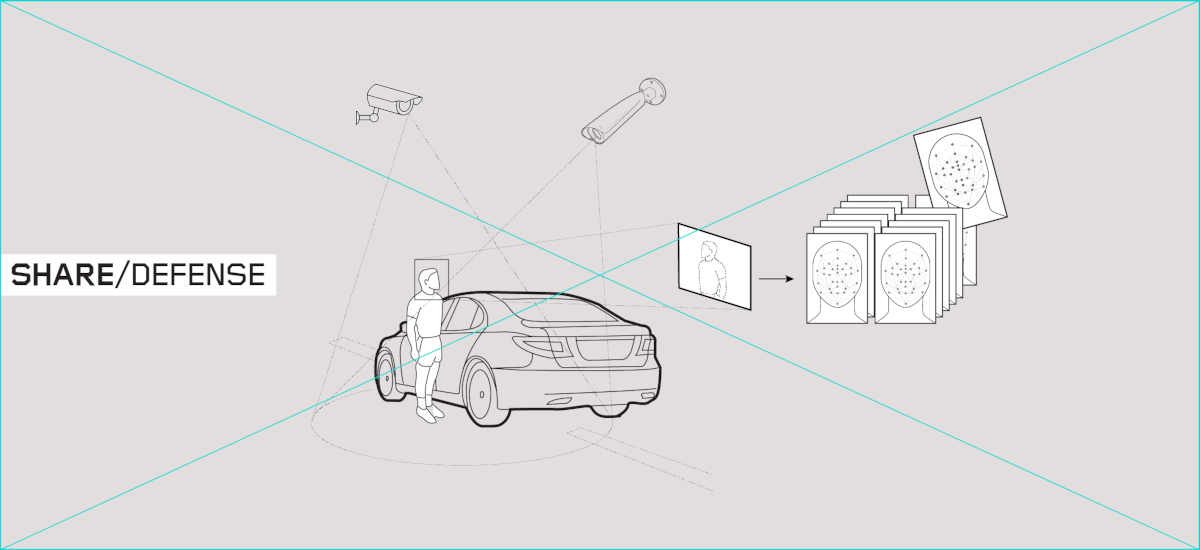News

The 2020 RDR Index: Digital Giants and Human Rights
Despite notable improvements by a majority of most powerful digital platforms in their publicly disclosed commitments and policies affecting privacy and freedom of expression and information, the global internet is still facing a systemic crisis of transparency and accountability, concludes the new report of the organization “Ranking Digital Rights” on Corporate Accountability Index for digital rights in 2020.
Published on Wednesday, February 24, the RDR Index evaluates the work and policies of the 26 largest digital platforms and telecommunications companies that held a combined market capitalization of more than $11 trillion. Their products and services affect a majority of the world’s 4.6 billion internet users.
Digital platforms and telecommunications services users “lack basic information about who controls their ability to connect, speak online, or access information, and what information is promoted and prioritized”, the statement added.
“The most striking takeaway is just how little companies across the board are willing to publicly disclose about how they shape and moderate digital content, enforce their rules, collect and use our data, and build and deploy the underlying algorithms that shape our world,” said Amy Brouillette, research director for Ranking Digital Rights.
The fifth RDR Index has two new companies added, Amazon and Alibaba, while the methodology was expanded with new indicators that examine company disclosures related to their use of algorithms and targeted advertising. Among other experts from around the world, Olivia Solis Villaverde and Bojan Perkov from the SHARE Foundation participated in the preparation of this year’s report.

Results of the 2020 Index
The 2020 RDR Index shows Twitter taking the first place among digital platforms due to its comparatively strong transparency about its enforcement of content rules and of government censorship demands. For its strong human rights commitments, the Spanish Telefónica retained its top spot among all rated companies, including digital platforms.
Of all the evaluated companies, Qatari’s telco Ooredoo ranked lowest as it disclosed less than any other telecommunications company about its governance processes to ensure respect for human rights. The e-commerce giant Amazon ranked last among digital platforms, due to low ratings of transparency and accountability around users’ rights, and for disclosing very little about how it handles or secures user information, and nothing about its data retention policies, despite its deep reliance on user data to fuel its business model.
Since the launch of the RDR Index in 2015, the number of companies that are actively improving the protection of consumer rights and freedoms has been growing, while compared to previous year there has been an improvement among all evaluated companies – except Google and AT&T. Such progress is noticeable even among the lowest rated companies headquartered in restrictive jurisdictions, such as Russia, South Africa, China and the Middle East.
A detailed report is freely available at Ranking Digital Rights.



